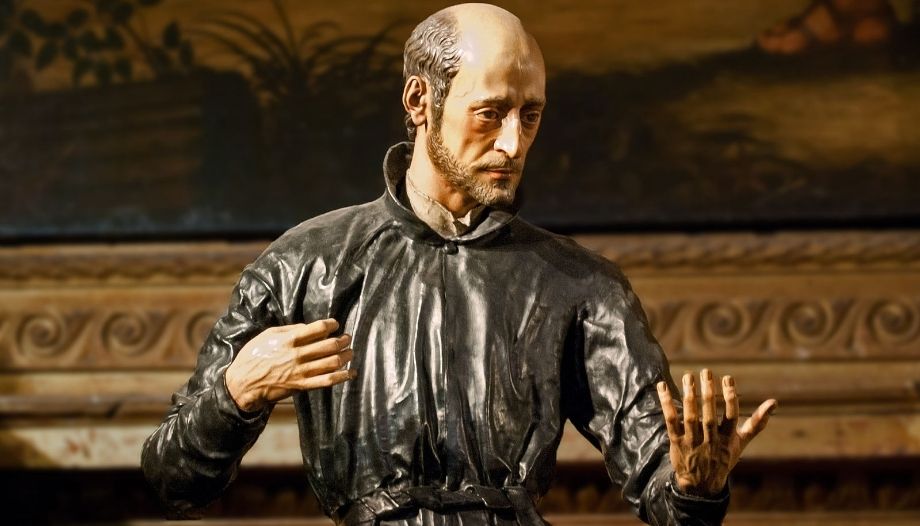The eldest son of the third Duke of Gandía, Saint Francisco de Borja (1510-172) was born in the palace that the family had in Valencia. In 1529 he married the Portuguese Leonor de Castro, first lady-in-waiting to Empress Isabella. Borgia, at the age of 20, received the honor of being named Marquis of Lombay by the Emperor, and of being placed at the head of the imperial household.
In the 10 years that followed, Francis and Eleanor had eight children and lived in close proximity to Emperor Charles and Queen Isabella. Until the empress died unexpectedly on May 1, 1539, explains the Jesuit website. That death was decisive for his conversion when he accompanied the funeral procession to his burial in the royal chapel of Granada.
When the coffin was opened, he no longer wished to serve any lord who might die, and he began to dedicate himself to prayer and penance. He famously said: "I will never again serve a lord who might die". Then, after his wife Leonor died in March 1546, he decided to dedicate the rest of his life to the service of God. He knew the Jesuits, had founded a school in Gandía and was a personal friend of Pedro Fabro, co-founding priest of the Society.
Some facts of his life
San Ignacio welcomed him and St. Francis Borgia professed his vows as a Jesuit on February 1, 1548. He obtained a doctorate in theology, was ordained a priest and celebrated his first Mass in the chapel of the ancestral house of Loyola. Borgia was general of the Society for seven years, revised its rules and extended the missions in India and the Americas. He took care of the growth of the religious Order, with great devotion to the Eucharist and the Blessed Virgin.
The Martyrology Roman says: "Memory of St. Francis Borgia, a priest who, after the death of his wife, with whom he had eight children, entered the Society of Jesus. Although he abdicated the dignities of the world and refused those of the Church, he was elected superior general, being memorable for his austerity of life and prayer (1572)".







